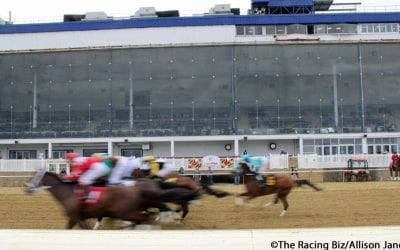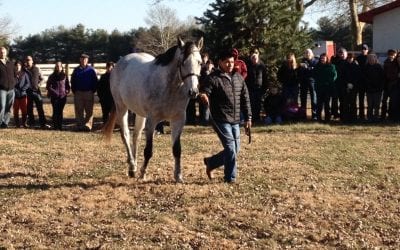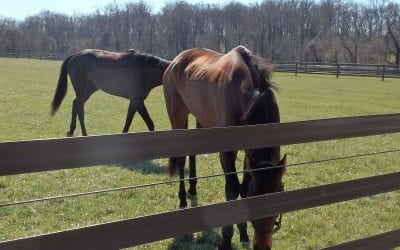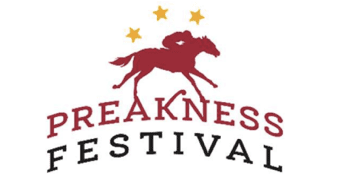Jockey Club considering reduction in stallion book size
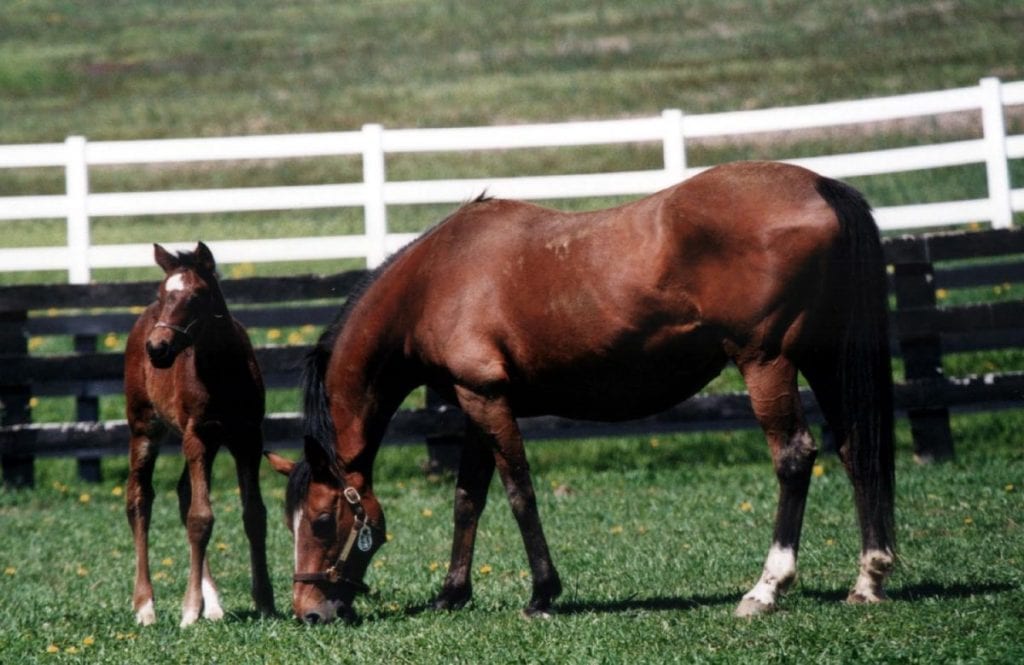
The Jockey Club board of stewards, concerned with the narrowing of the diversity of the Thoroughbred gene pool, today announced its consideration of a rule to limit the annual breeding of individual stallions starting with the 2021 breeding season.
The Jockey Club, established in 1894, is the keeper of the American Stud Book and maintains the Principal Rules and Requirements of the American Studbook in order to ensure the welfare of the Thoroughbred breed.
As has been widely reported, the size of the North American foal crop has diminished significantly, from 37,499 in 2007 to the 20,500 estimated for 2020.
In 2007, 37 stallions reported in excess of 140 mares bred each from a total of 3,865 stallions. By 2010, that number had declined to 24. Since then, the number has nearly doubled to 43 stallions reporting 140 or more mares bred from a population of stallions that now stands at less than one-half that of 2007.
On the mare side, in 2007, 5,894 mares (9.5% of the total) were bred by stallions that covered more than 140 mares. By 2019, 7,415 mares (27% of the total) were covered by stallions with books of more than 140, a threefold increase.
The combination of these changes has resulted in a substantial increase in the percentage of foals produced by a discreet segment of stallions — signaling a worrisome concentration of the gene pool.
The board of stewards of The Jockey Club is considering a cap of 140 mares bred per individual stallion per calendar year in North America, phased-in, as follows:
- Stallions entering stud service for the first time in 2020 would be exempt from the 140 limit through the 2023 season;
- Stallions that entered stud service in 2019 would be exempt through the 2022 season;
- Stallions that entered stud service in 2018 would be exempt through the 2021 season;
- Stallions that entered service in 2017 or prior would be subject to the 140 cap as of January 1, 2021.
The stewards will continue to study the decreasing diversity of the Thoroughbred gene pool and its cause and potential effects over the course of time. As more data and analyses become available, the stewards may revise The Jockey Club’s approach to protecting the breed’s health and welfare.
The Jockey Club solicits and welcomes comments on the proposed rule from breeders, owners, and others with interests in the Thoroughbred breed and the industry.
LATEST BUSINESS NEWS
Grayson-Jockey Club Foundation announces 2025 funding
More than $2.6 million in Grayson-Jockey Club Foundation funding will support 16 new and 10 continuing projects.
National Thoroughbred League to head to Pimlico, Parx
The National Thoroughbred League will bring its “horse team” concept to Pimlico the week before the Preakness and then to Parx.
Laurel Park alters condition book
Laurel Park will resume carding lower-level claiming races and introduce a new Maryland-bred or -sired maiden race effective in May.
Global stallions app adds new feature
The Blood-Horse’s global stallions app has added a new comparison tool, the company announced.
Equineline introduces OTTB profile
The Jockey Club today announced the new Off-Track Thoroughbred Profile, the first equineline.com report centered on Thoroughbreds in their second careers.
Preakness Festival events announced
Maryland’s First Lady Dawn Moore this week announced a slate of events that will comprise this year’s Preakness Festival.




